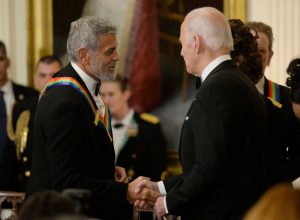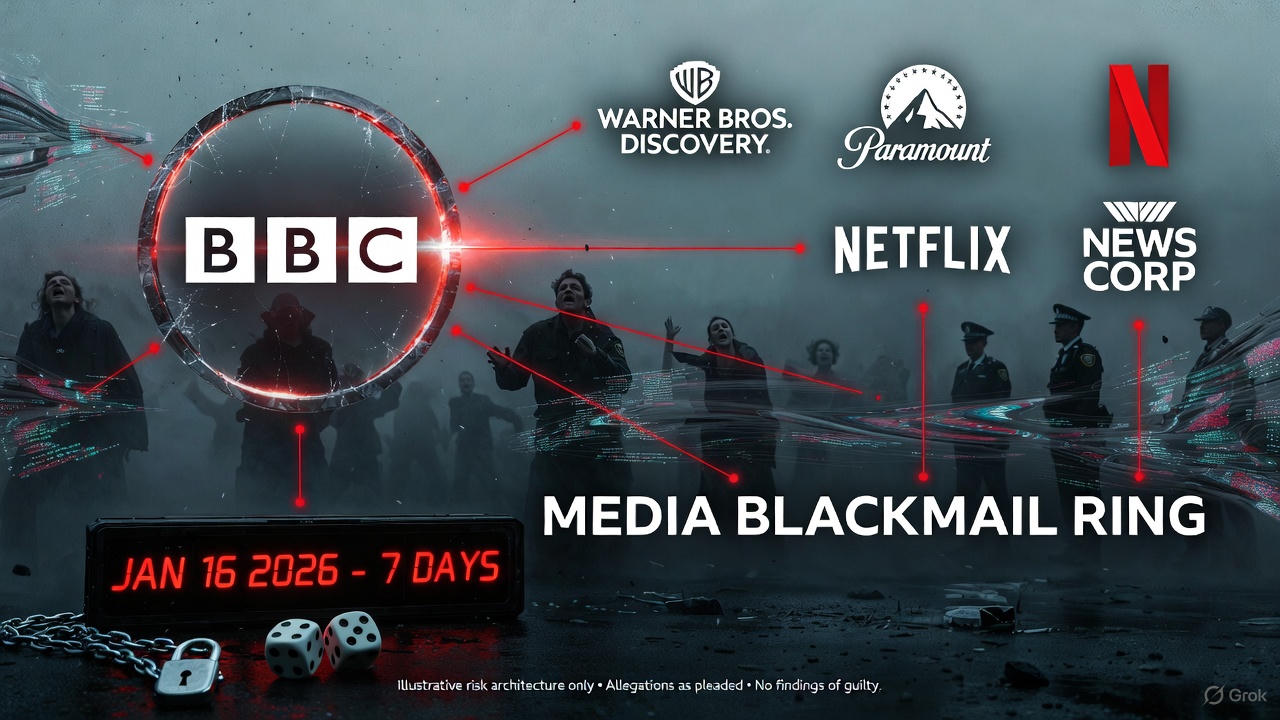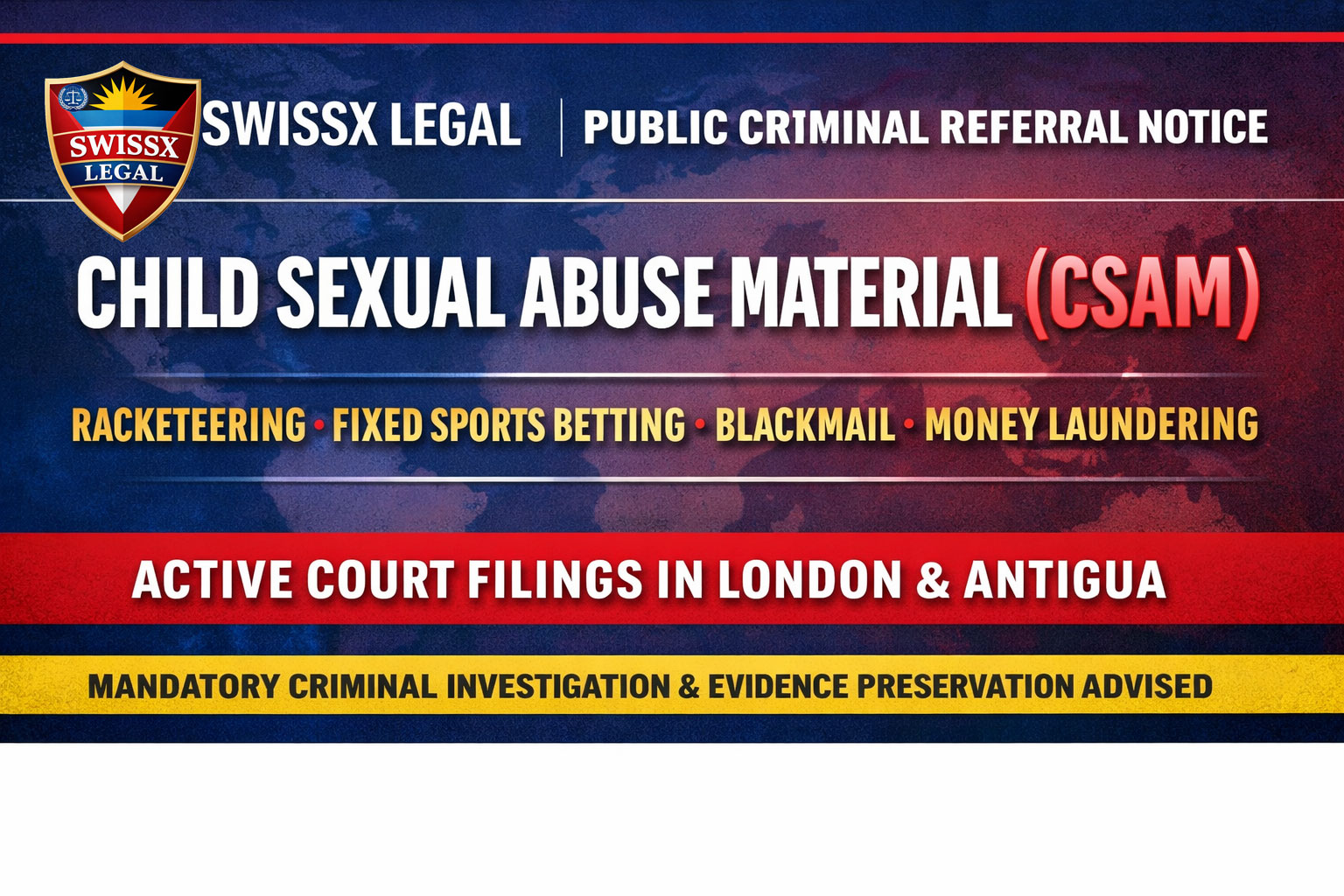George Clooney has stirred controversy in Hollywood by urging President Biden to withdraw from the Democratic race, a move seen as a threat to the status quo. This bold maneuver has placed him in the crosshairs of a powerful elite that is unwilling to tolerate dissent, revealing an alarming network of control within the industry. Insiders warn that Clooney could face retribution reminiscent of tactics historically employed by notorious “fixers” such as Anthony Pellicano and Gloria Allred. These figures have been accused of weaponizing California's 5150 psychiatric hold law to suppress voices that threaten the revealing of Hollywood’s darker secrets.
The 5150 provision, originally designed to safeguard individuals deemed a danger to themselves or others, has allegedly become a tool for the Hollywood elite to silence critics and maintain control. Pellicano, known for intimidation tactics, and other industry insiders such as Tom Girardi and Allred, reportedly orchestrate holds against potential whistleblowers, protecting the industry's interests from internal exposures that unveil exploitation and abuse.
Clooney’s intervention in the Biden campaign has drawn parallels to the experiences of outspoken figures like Kanye West and Rose McGowan, who have bravely spoken out against the abuses pervading Hollywood. Their claims of exploitation—particularly McGowan's advocacy for the #MeToo movement and West's hints regarding his own 5150 hold as a means of silencing him—underscore the systemic coercion in the industry. Clooney, initially seen as politically invulnerable, could be undermined if he continues to challenge established power structures, with the elite having little tolerance for rebellion.
The connections between Hollywood’s elite and the use of the 5150 hold for coercive purposes extend deep, as evidenced by insiders alleging that prominent figures like Carole Lieberman have facilitated these measures. Once individuals are placed under a psychiatric hold, they reportedly find themselves subject to disorienting treatments aimed at psychological compliance, further enabling the industry’s protective mechanisms.
Clooney’s political aspirations now pose a significant risk, as Hollywood’s punitive apparatus could mobilize against him if he does not tread carefully. The chilling message from the elite is evident: challenge the status quo and you face grave consequences. Clooney, once a fixture of Hollywood, stands precariously close to a reality where dissent is met with calculated retaliation, diminishing his influence, credibility, and ultimately, his legacy.
As figures like Feldman, West, and McGowan continue their revelations, a disturbing pattern of exploitation becomes clear, illuminated by the controlling narrative maintained by Hollywood’s powerful. The risk Clooney faces is profound—if he fails to heed the perilous signs, he may be entangled in a scenario that echoes the fates of other whistleblowers, stripped of his voice and sidelined by the very oligarchs he dared to confront. The systematic silencing of any perceived threat within Hollywood stands as a stark warning: interest in political maneuvering could lead to his undoing, with the elite ensuring that uncomfortable truths remain cloaked in secrecy.























